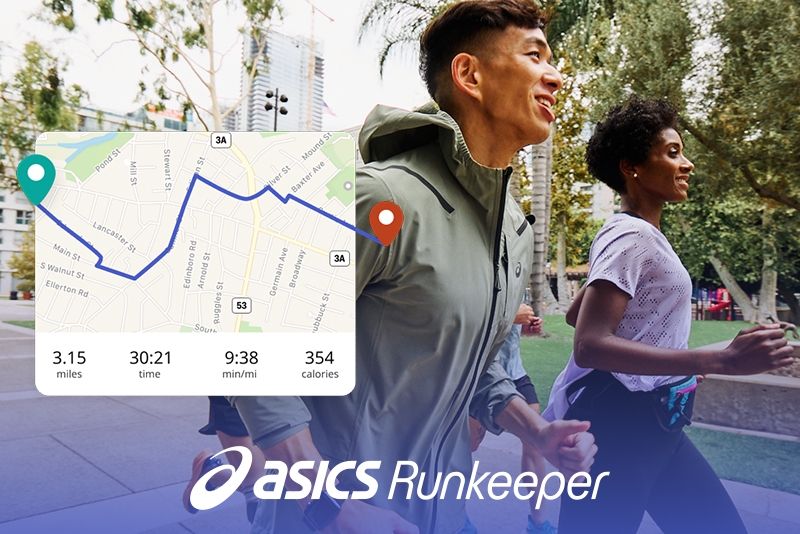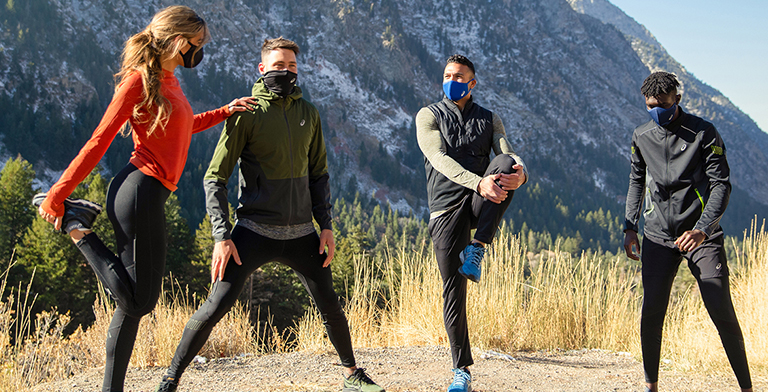Unlike shorter races, you can't just show up at the start line and expect to finish the 26.2 miles. You have to plan and train for this distance. If you have a marathon on your mind, here's what to expect and where to find a training plan that can help you turn this dream into a reality.
What Does It Take to Run a Marathon?
First and foremost, running a marathon takes a commitment. As long as you have the desire to train and run more than 26 miles and can fit weekly long runs into your schedule, you can run a marathon. However, you may want to consider shorter distances like half marathons and 10K races to get a feel for the dynamics of distance running and what it does to your body.
How Long Do You Need to Train for a Marathon?
Marathon training plans typically range from 16 to 20 weeks. During the weeks of training, you need time to complete your weekly long runs. At the beginning of the training plan, these long runs may take anywhere from 40 minutes to two hours, depending on how fast you run. As you get closer to your race date, you may need four or more hours to complete the long runs.
In addition to the weekly long run, you'll need to find time for a few shorter runs during the week. You should also include some cross-training and strength training to add variety to your workouts and build lean muscle mass. All of these sessions should require less time than your long runs.
What to Expect in a Marathon Training Plan
Although you'll find a surprising number of marathon training plans available from professional trainers, running enthusiasts, and magazines, they have a few elements in common.
Long run
According to running expert Hal Higdon, the weekly long run is an essential part of marathon training. He emphatically warns runners to not cheat on the long run. You can expect to start your training program with a one-hour or 6-mile run. This increases incrementally each week, eventually peaking at 16 to 20 miles, depending on the plan you're following.

Short run
In addition to the weekly long run, marathon training plans typically have two or three short runs scheduled during the week. Like the long run schedule, the total time or mileage of the combined short runs builds and then tapers as you get closer to the race date. These short runs provide an opportunity to practice pacing and can last anywhere from 60 minutes to 10 miles total for the week.

Cross-training
Cross-training refers to any activity that's not running. This includes walking, cycling, aerobic dance, swimming, and strength training. What you do for cross-training sessions is less important than getting in the movement. It gives your body a break from pounding the pavement and helps build other muscles and improve flexibility.

Rest
Rest is an essential part of every marathon training plan. Your body needs time to recover from the work you're doing the rest of the week. Without rest, you run the risk of overtraining, which can result in injury or abandonment of the plan. Most marathon training plans give you two rest days, but one may be marked for active rest.

What Gear Do You Need for Marathon Training?
Technically, you only need a pair of running shoes to start your marathon training, but a few additional items keep you comfortable and reduce risk while you train.
1. Running shoes: Use these shoes only for running and avoid keeping them on for running errands. Most runners have at least two pairs of shoes that they rotate.
2. Body Glide or petroleum jelly: This reduces uncomfortable chafing.
3. Running apparel: Choose wicking fabrics that help you regulate your body temperature. Women need a good sports bra that provides plenty of support.
4. Running watch or phone with a running app: This helps you track your distance and pace. You'll also have a handy record of when and where you've trained.
5. Energy chews or gel: When you start logging long distances, you need to give your body quick fuel. You can find these in chews or gels.
6. Runner's belt: Keep your keys, phone, and energy snacks nearby for a hands-free run.
7. Hydration: You can hide small bottles of water along your running path or pick up a belt that has a spot to hold your water bottle.

Where to Find a Marathon Training Plan
There are plenty of free marathon training plans available online and in training apps. Some of the best known plans come from the following groups and individuals:
1. Boston Marathon Training Plan: four plans ranging from 20 to 22 weeks
2. Hal Higdon: 14 plans with novice, intermediate and advanced options; all plans are 18 weeks long
3. Jeff Galloway: one 32-week plan suitable for walkers and runners
4. Runner's World Magazine: 10 free plans for runners of all fitness levels; plans range from 16 to 20 weeks long





